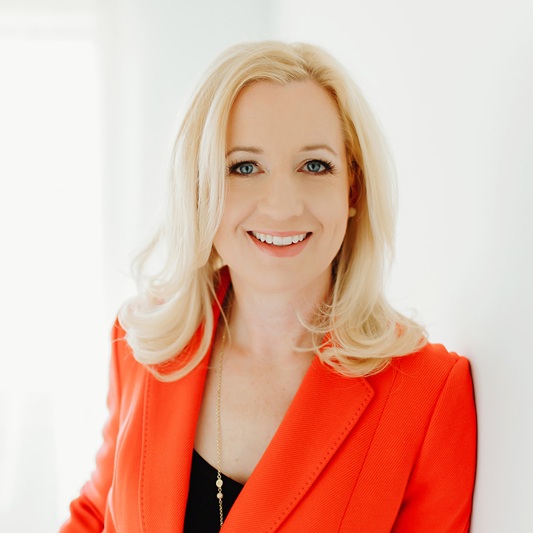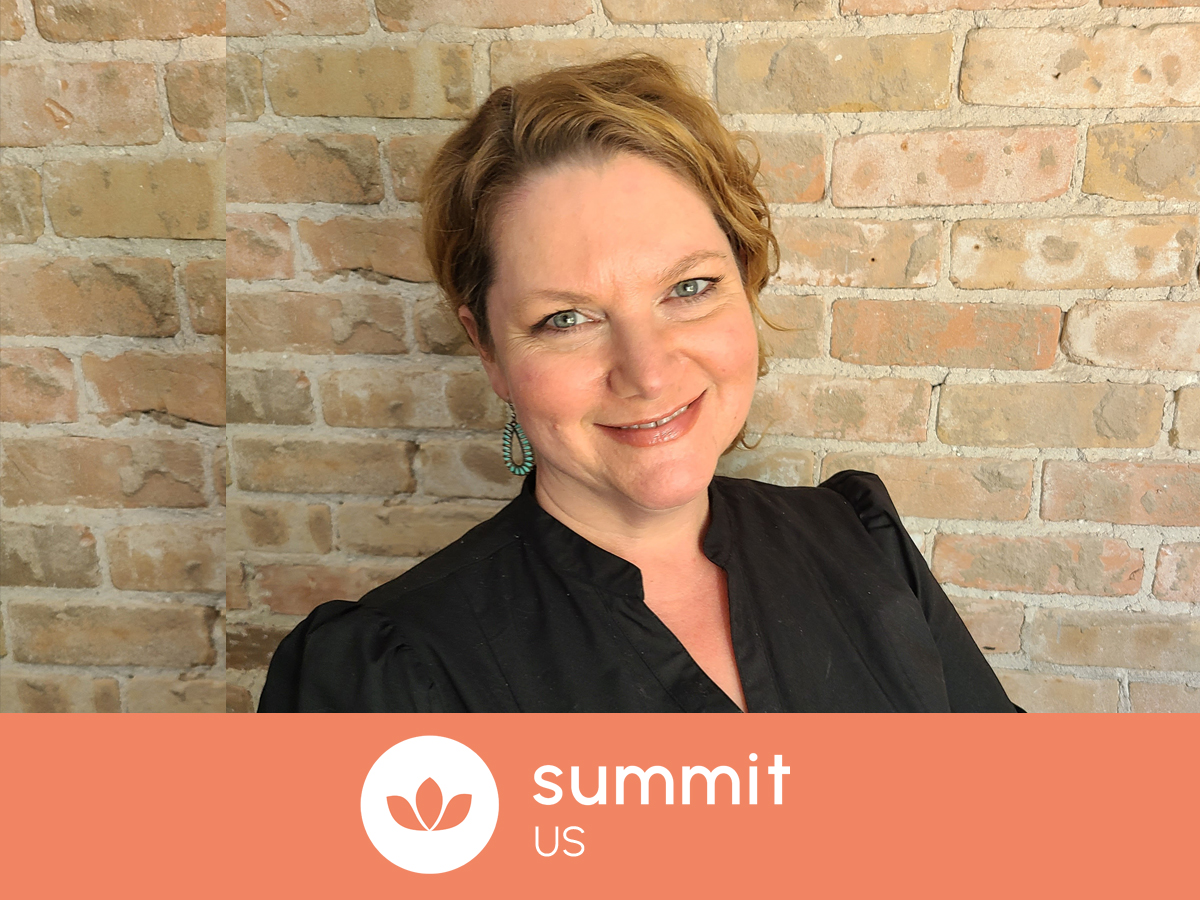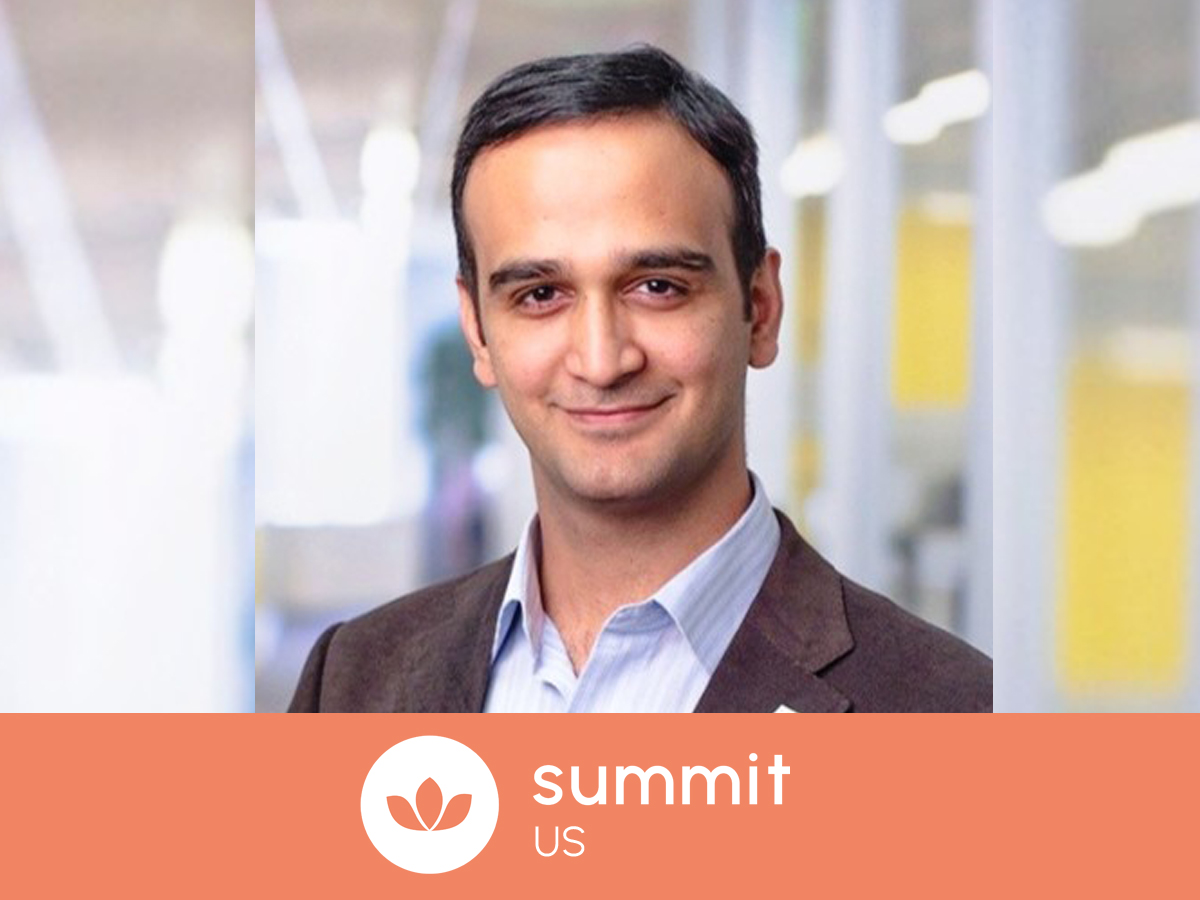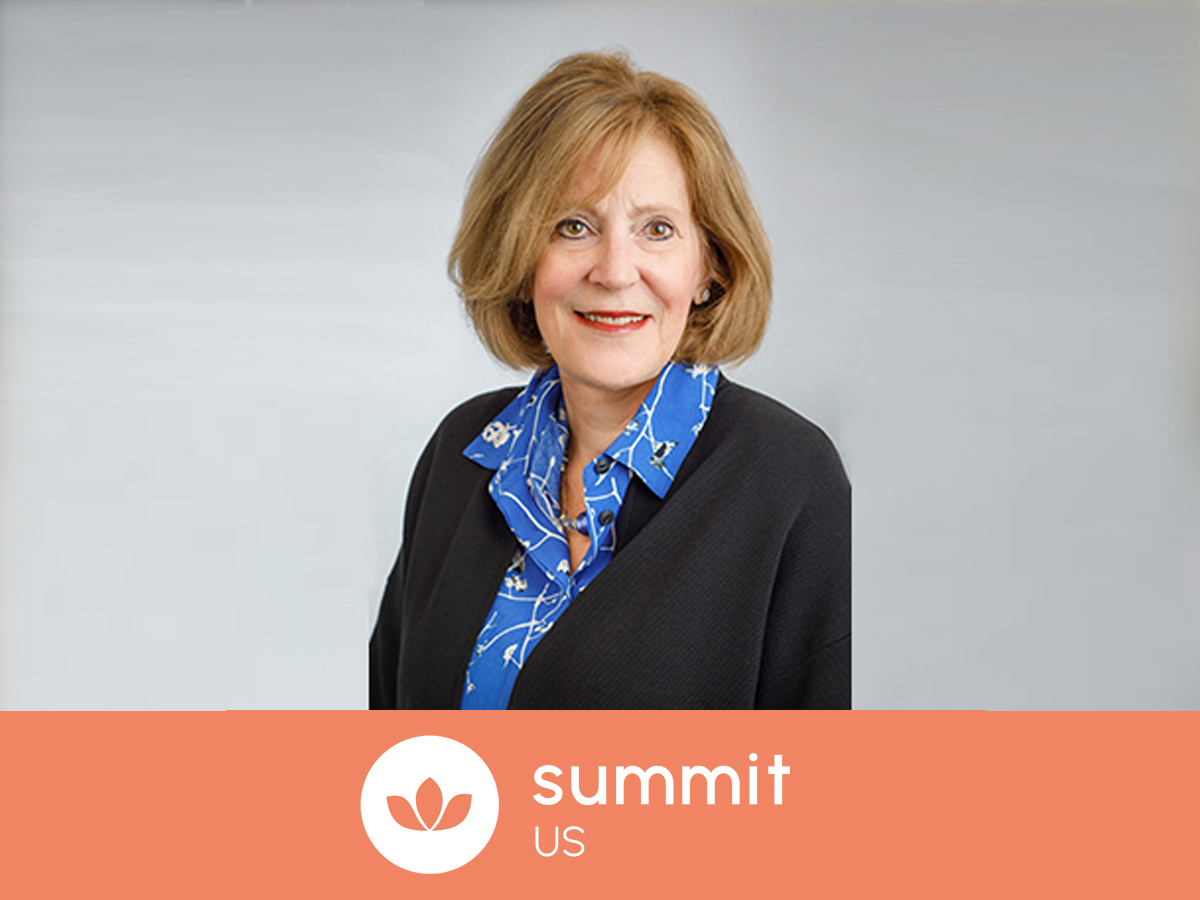
Sara is a world class champion for human rights, with more than 25 years of experience advocating for the rights of women and kids in Canada and on the global stage. As the Founder and CEO of Children First Canada, she currently leads a national movement to make Canada the best place in the world for kids to grow up.
We are delighted that Sara will be speaking in Calgary as part of our Canada Summit. We caught up with her to find out how she’s feeling in the runup to the event.
Hi Sara, we are thrilled that you will be speaking at the Wellbeing at Work Summit Canada in October. Our first and most important question is, how are you doing today?
Thank you—I’m doing well and feeling especially energized as we approach Children First Canada’s 10th anniversary. It’s a moment of reflection and renewal, and I’m incredibly proud of what we’ve achieved to advance the wellbeing of children and youth across the country. Of course, like many leaders, I’m constantly balancing the personal and professional, and taking time each morning for exercise and quiet reflection is part of how I stay grounded and well.
As a leader based in the region, what are the main challenges you are facing when it comes to employee wellbeing and mental health?
One of the biggest challenges is supporting our team in navigating ongoing uncertainty and change—whether it’s economic pressures, the pace of technological advancement, or the emotional weight of the issues we tackle every day, like child poverty and abuse. Burnout is a real concern in the nonprofit sector, so we’re always looking for meaningful ways to build resilience, flexibility, and a sense of shared purpose.
What strategies have you seen developing over the past 6 months, both internally and externally, that are moving the dial on wellbeing in the workplace?
There’s a growing emphasis on trauma-informed leadership and psychologically safe work environments, which is very welcome. At Children First Canada, we’re an entirely virtual organization so our team works remotely and we’ve leaned into flexible work arrangements and open conversations about wellbeing. Externally, I’ve noticed more organizations embedding mental health into performance management and leadership development—not just as a benefit, but as a core competency.
Why is employee wellbeing so important to you personally?
Because it’s deeply connected to my values and life experience. I’ve worked in child protection and human rights for nearly 30 years, and I’ve seen how the wellbeing of children is intricately linked to the wellbeing of the adults who care for them—whether that’s parents, teachers, or people working from the frontlines to boardrooms. I also believe we lead best when we model what we’re advocating for—so creating a culture of wellbeing isn’t just a policy choice, it’s a personal commitment.
What impact is AI having in your organization and how are you managing that?
We’re at the early stages of integrating AI, primarily to support knowledge mobilization, fundraising, and content creation. It’s helping us scale our reach and reduce administrative burden, but we’re also approaching it cautiously. As an organization that prioritizes the wellbeing of children, we’re acutely aware of the importance of digital privacy and online safety, and we’re actively working to combat online harms and create safer digital spaces for kids. We’re making sure we’re balancing innovation with ethical considerations—especially when working with data about children. Ongoing dialogue and clear guidelines are part of how we’re managing the transition, and working with the people directly impacted – children – to ensure their ideas and priorities are reflected in how we do our work.
Other than AI, are there any challenges that you are seeing for the first time and how are you addressing them?
Yes—something that stands out is the increasing polarization and online harassment directed at youth advocates and staff working in social justice. As our team and youth leaders speak out on difficult topics, from systemic racism to climate change, they’re sometimes met with hostility. We’re putting more emphasis on digital safety, mental health support, and building strong networks of peer support to help navigate this new landscape.
What areas do you think employers should be focused on over the next 12 months?
Employers need to focus on belonging—not just inclusion, but fostering environments where people feel genuinely safe, seen, and valued. That includes decolonizing workplace practices, addressing bias, and investing in equity. And I’d also say: don’t underestimate the importance of purpose. Especially for Gen Z and Gen Alpha, alignment with values and mission isn’t a ‘nice to have’—it’s essential to wellbeing and retention.
Do you feel that investment in employee wellbeing in the region is increasing or decreasing and is that a direct reflection on HR leaders’ increasing ability to demonstrate effective returns of their strategies to leadership?
Investment is increasing—but unevenly. In progressive organizations, HR leaders are doing a great job linking wellbeing to performance, innovation, and retention, which helps secure ongoing buy-in. But many nonprofits and small organizations are still under-resourced and struggling to compete. There’s an urgent need to recognize that wellbeing is not a luxury—it’s foundational to sustainability, no matter the sector.
How has your organization been leading the way?
At Children First Canada, we’ve built a culture rooted in trust, flexibility, and care. We involve staff and youth in co-creating our workplace policies and values. We prioritize mental health, provide access to professional development and coaching, and create space for people to bring their full selves to work. As we celebrate our 10th anniversary, we’re proud not only of the impact we’ve had on children’s lives—but on the lives of those doing this work every day.
Sara will be speaking in Calgary at the Wellbeing at Work Summit Canada.
Our Toronto Summit takes place on October 21, 2025. Visit our Toronto webpage for further details and to book your tickets.
Our Calgary Summit takes place on October 23, 2025. To find out more about our Calgary Summit and book your tickets please visit our Calgary webpage.



